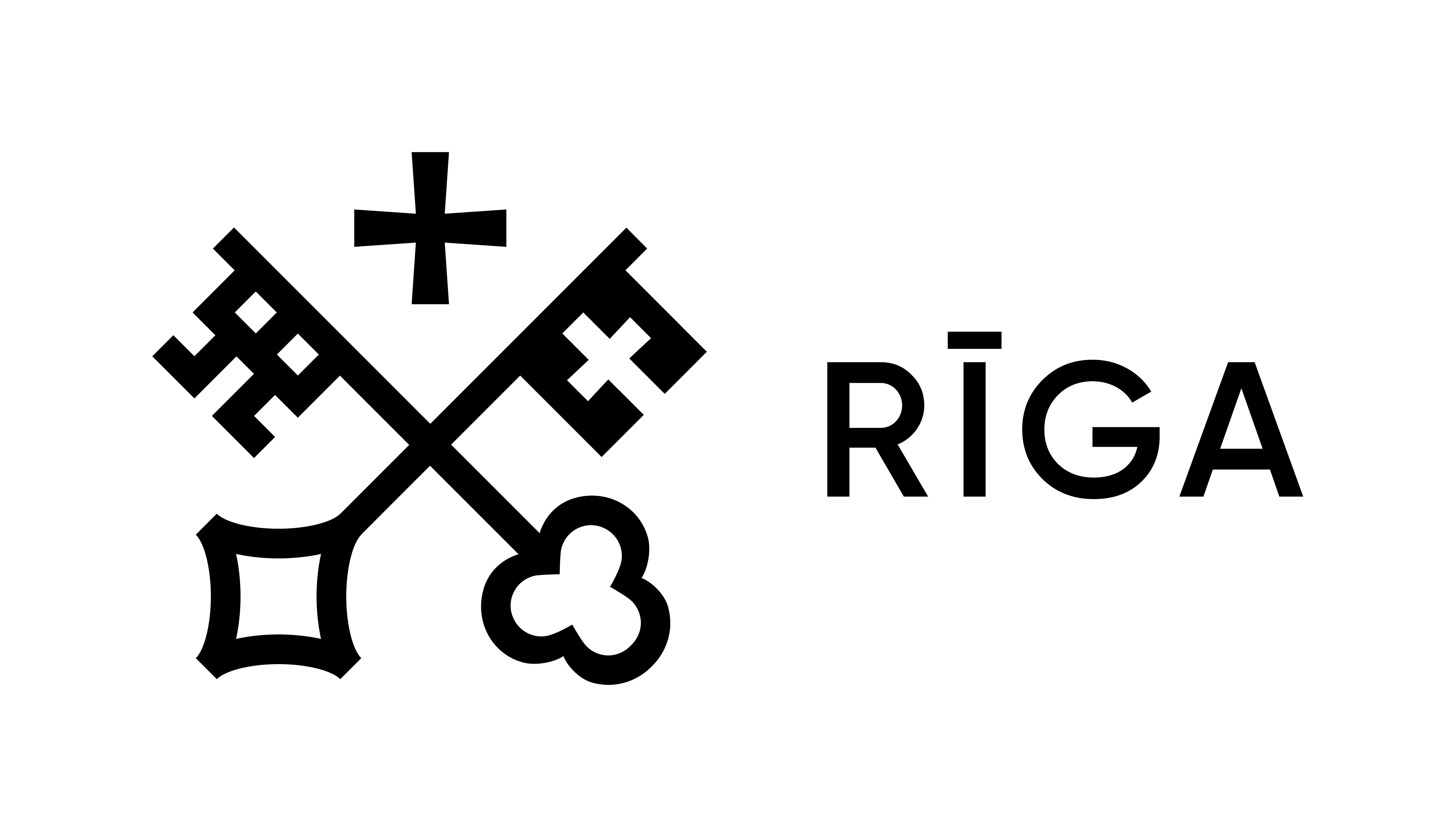For now, the hall at Gertrudes street 101a has gone from hosting events to becoming one of the most influential independent theatres in Latvia and affecting change in the country’s theatre system. In this time GIT has produced and co-produced 48 new productions and held guest performances in 17 countries. At the moment Theatre Gertrudes ielas teatris stages 3-4 new productions each season and offers a monthly program of repertoire performances. Artists from various performing arts backgrounds – theatre, dance, and music – come together in a total of over 100 events each season. Each drawing from their field and complementing one another, they create and develop theatre as an experiential medium that encourages spectators to embrace the challenge when encountering the unknown. The collaboration between GIT and artists is established and based on a shared belief in the value of creative work and the crossing of borders – we support and encourage new impulses and ideas to aid artistic growth. A group of actively engaged partners helps strengthen GIT as a platform for current trends in contemporary theatre in Riga. In this task we equally value our companions - thoughtful and empathetic spectators who want to explore the diverse world of the performing arts.



Now
Core Values
COURAGE
ĢIT collaborates with artists who create works in an active dialogue with the audience, use diverse means of artistic expression and travel beyond the boundaries of traditional dramatic theatre. In our view, theatre is an experience, not a tool for transmitting messages, which is why ĢIT creates performances that develop a readiness to accept the unfamiliar, foster a willingness to listen and challenge us to see theatre as an exercise for a healthy expansion of boundaries.
IMAGINATION
We find it important to give enough time and space for an artist to develop their imagination – focused play helps foster new ideas, means of expression, collaborations, connections, and it is also a chance to make mistakes, go astray, and gain experience from those times when a theoretical idea is not feasible in practice. That is why Ģertrūdes ielas teātris has founded a residency programme where artists can focus more on exploration and research rather than on the finished performance.
ECOLOGY
Climate change, caused by global warming, and growing economic and social inequalities are forcing a fundamental rethink of the industrialisation model and growth-oriented economies that have been in place thus far. All resources are finite, so sustainable use is important, and that includes the arts. Our challenge: to find ways to use the resources we have under conditions where it is crucial to contract rather than to expand; to create a system that is less polluting, both in material and informational terms. It is important for us that Ģertrūdes ielas teātris produces performances that are a field for new experiences and exchanges of ideas, not products for consumption.
MEETING
Theatre is a place to meet each other, to encounter the unknown, the incomprehensible, the uncharted, to reflect on the existing distribution of power, including in art and its experience. Theatre where the power belongs exclusively to the artists is no longer interesting. Theatre that is centred solely on the human being and their needs is no longer possible. As a shared public space, theatre must serve as a place where we can hear different voices – not only those of the majority. Theatre must be open and speak also on behalf of those who do not have a voice themselves or whose voices are otherwise not heard – whether it is the wildlife around us, or stigmatised and marginalised groups in society, or issues that everyone knows about but does not want to name. Theatre is not a commodity, it does not follow the rules of supply and demand, it has no explanations and no clarifications. Theatre is an invitation to participate – in an event and a conversation.
Manifesto
First. The aim of a performance is not to represent reality, but to make the imagined real. Theatre does not recreate the world, but changes it.
Second. Performance is a space of energy that is created between the artist and the spectator. The spectator is a co-creator of the performance, and theatre is a shared intimate experience.
Third. A performance is not only the end result, but also the process of its creation. The performance comprises research, rehearsals, meetings with the audience and sometimes adjustments after the premiere. ĢIT ensures for each new work the creative process it requires; a performance cannot be subjected to a unified "production" model.
Fourth. Every new work must be performed at least 10 times and in at least two locations outside of Riga. No performance can be removed from the programme until this goal has been achieved.
Fifth. The set must not exceed 20 cubic metres and must be able to fit into a van that can be driven by a Category B licensed driver.
History
Theatre Gertrudes ielas teatris is located at Gertrudes street 101a, in a courtyard house. It was built in 1954 to host Repair and Building Administration No. 2. In the traditions of the time, the Administration building was equipped with a 250 sq. metre large assembly hall, complete with a stage and Soviet era Empire style decorations. After the collapse of the Soviet Union and the restoration of Latvian independence in 1991 the Administration was shut down, the building became private property and the hall served various functions: a book distributor, later a photo studio and a dance studio.
In the fall of 2009, while searching for a space for the performance “Männersache”, Association “TARBA” responded to an advertisement that offered to rent out the hall. The success of the production and the audience reception encouraged us to think about what comes next- the creation of a new theatre. Producer Maija Pavlova and director Andrejs Jarovojs from theatre company “United Intimacy” were joined by other active independent artists and creative teams- Varis Klausitajs’ Drawing Theatre”, Krista Burane’s and Martins Eihe’s Association “Nomadi”, Elina Gaitjukeviča’s and Sintija Silina’s “Dance Anatomy”, and up-and-coming directors Karlis Krumins and Valters Silis- and thus Theatre Gertrudes ielas teatris was born.
PEOPLE
Andrejs Jarovojs
Artistic Director | andrejs@git.lv
Maija Pavlova
producer | maija@git.lv
Beatrise Līga Boša
administration and tickets | beatrise@git.lv
Vents Feldmanis
stage, light | vents@git.lv
Anita Tropa
communication and marketing
Normunds Balodis
sound, video, stage | normunds@git.lv
Eleonora Balode
FOH
Assistants, associates and friends are also regularly involved in the daily works of the theatre.



